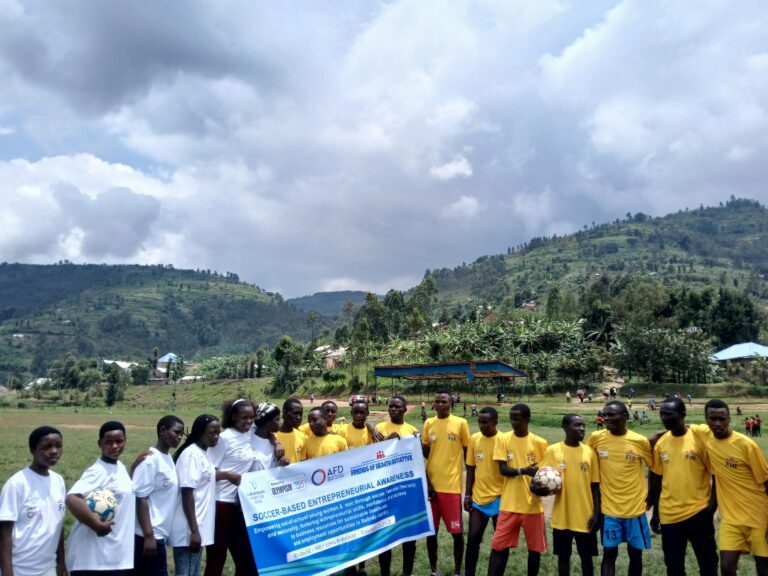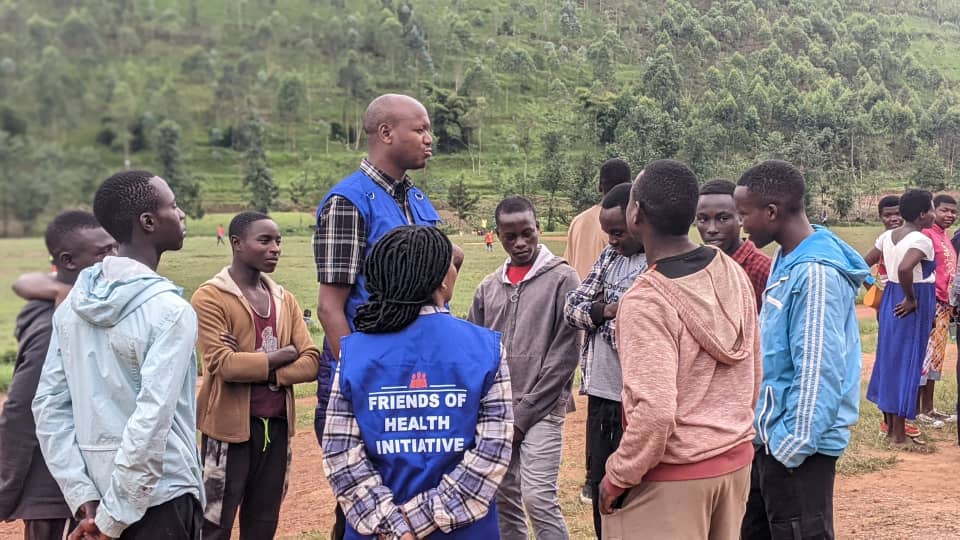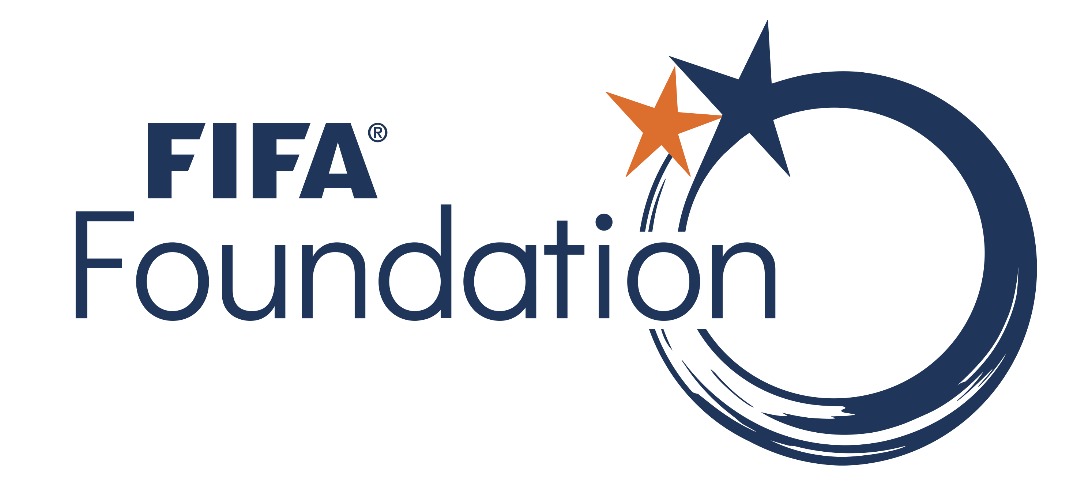Archives
Categories
About us
MAIN PROGRAMS
Vision
The vision of Friends of Health Initiative (FHI) is to create a society where every individual, regardless of sex, origin, religion, sexual orientation, disability, or social status has equitable access to opportunities for personal growth, health, and well-being. We envision a future where youth, women, and children thrive in resilient communities supported by quality education and sustainable development practices.
Mission


Friends of Health Initiative was founded by a diverse group of young people with a vision to enhance the well-being of underserved communities in Rwanda, particularly in the Rulindo district.
Focused on youth, women, and children, FHI adopts a gender-sensitive and community-based approach to tackle social and environmental issues affecting health and quality of life.
FHI’s holistic strategy incorporates education, advocacy, research, and community engagement to improve the resilience and living standards of vulnerable populations.
The organization prioritizes gender equity, addressing the unique challenges faced by women and children while promoting inclusivity across its programs.
Climate change and its impact on health is a core concern for FHI. By integrating environmental stewardship into its mission, the organization promotes sustainable practices and advocates for policies that mitigate climate change’s negative effects, safeguarding health and livelihoods.
In recent years, FHI has embraced sports as a tool for social change. This strategic shift leverages athletic activities to foster community engagement, personal development, and empowerment, particularly among girls and young women.
FHI remains dedicated to addressing climate change, promoting gender equality, and using sports to drive social transformation, contributing to lasting, positive change in Rwanda’s most vulnerable communities.
our main Objectives!
Enhance access to sexual and reproductive health services, education, and rights for underserved women and youth.
To reduce the health risks associated with climate change by promoting sustainable practices that prioritize environmental conservation, strengthen food security, and create livelihood opportunities among vulnerable populations, especially youth, women and children.
Ensure equitable access to quality education for youth, women, and children, focusing on skill development, literacy, and lifelong learning opportunities.
Foster social skills, enhance mental health, and encourage personal growth and social inclusion through active involvement in sports, focusing primarily on engaging youth, especially girls and young women, to empower them and create sustainable social impact
we make a difference
- Our Values
- Our Principles
- Projects
Inclusivity: We strive to create an inclusive environment where everyone feels valued and respected, ensuring that our programs and initiatives are accessible to all.
Collaboration: We believe in the power of partnerships and work collaboratively with other organizations, stakeholders, and community members to achieve our mission.
Evidence-Based Practice: Our programs and interventions are grounded in research and evidence, ensuring they are effective and impactful.
Cultural Sensitivity: We respect and honor the diverse cultural backgrounds of the communities we serve, tailoring our approaches to meet their unique needs and preferences.
Empowerment through Education: We provide educational opportunities that empower individuals to take control of their health and make informed decisions.
Holistic Approach: We recognize that health and well-being are multifaceted and address physical, mental, and social health in our programs.
Sustainable Impact: We focus on creating long-term, sustainable impacts that improve the health and well-being of communities beyond the duration of our programs.



